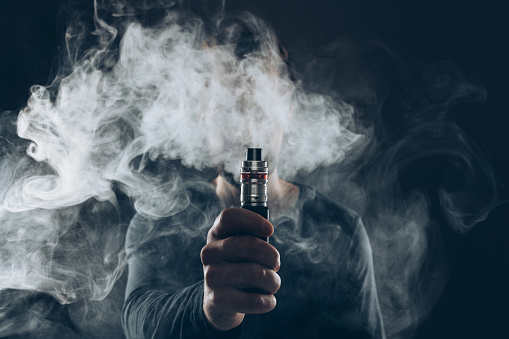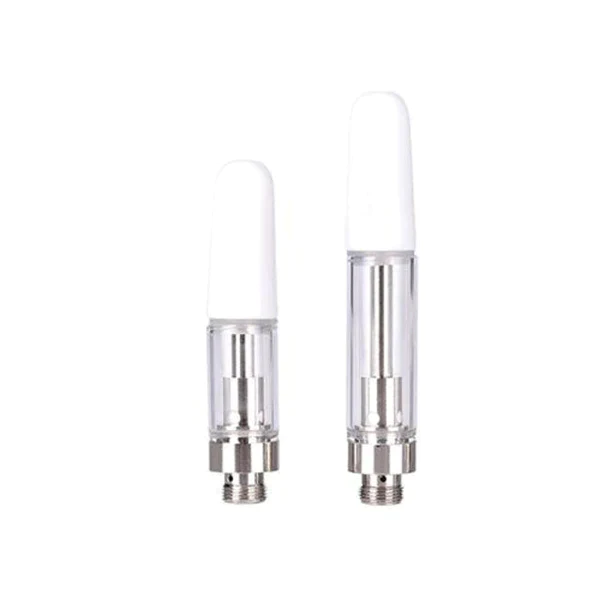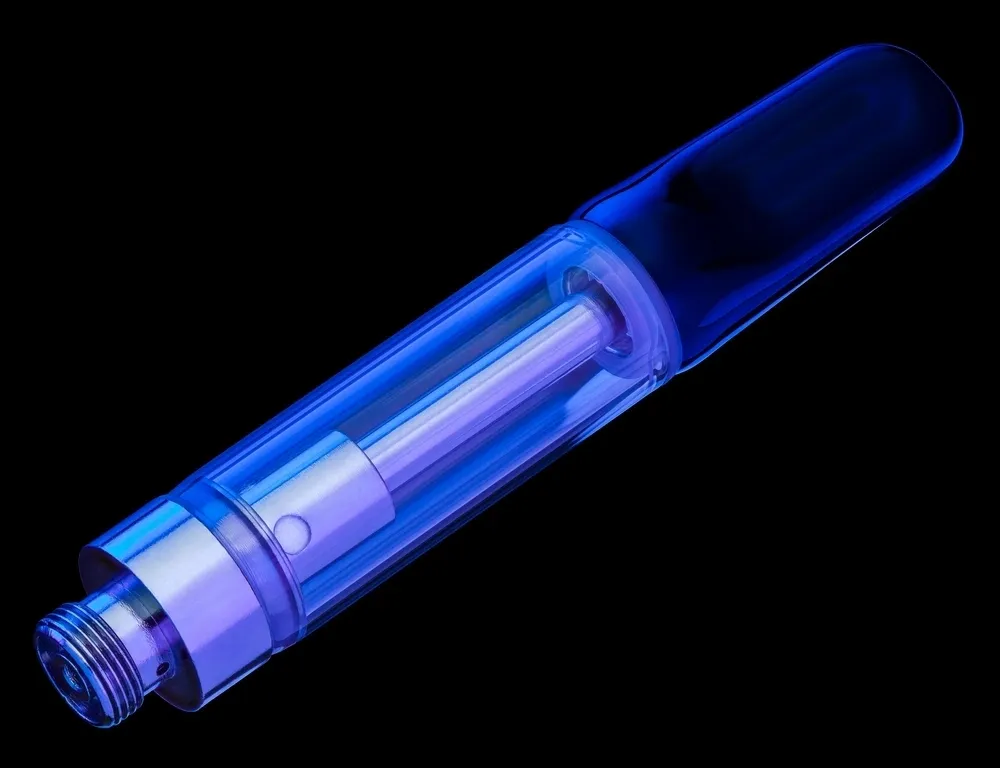Delta 8 THC has become a topic of heated debate within the cannabis industry, specifically in the context of its use in vaping products. Despite the numerous benefits associated with Delta 8 vapes, it is essential to conduct a comprehensive evaluation of their safety profile and potential health risks before using them.
What is Delta 8 THC?
Delta 8 THC is a naturally occurring cannabinoid found in trace amounts in cannabis plants. Structurally, it is similar to Delta 9 THC, the psychoactive compound responsible for the euphoric effects of cannabis use. Delta 8 THC is primarily derived from hemp plants and is utilized in a variety of products, including vapes, tinctures, and edibles. Unlike Delta 9 THC, Delta 8 is federally legal and is not classified as a Schedule I substance by the Drug Enforcement Administration (DEA).
The Benefits of Delta 8 Vapes
Delta 8 vapes have gained immense popularity due to their diverse array of benefits. They offer a milder high in comparison to Delta 9 THC, which makes them an ideal option for individuals seeking the therapeutic advantages of cannabis without experiencing the psychoactive effects. Furthermore, Delta 8 vapes provide numerous other benefits, including relief from pain, anxiety and depression reduction, improved mood and energy levels, and anti-inflammatory effects.
Are Delta 8 Vapes Safe to Use?
Although Delta 8 vapes offer numerous benefits, their safety profile must be thoroughly evaluated before use. Currently, there is limited research available on the long-term effects of Delta 8 THC use. However, there are several potential health risks associated with Delta 8 vapes that should be considered before use.
Respiratory Problems
Vaping any substance can potentially lead to respiratory problems, including lung damage and respiratory infections. Inhalation of harmful substances during vaping may cause lung inflammation, and chronic use can cause long-term damage to the lungs.
Chemical Exposure
Some Delta 8 vape products may contain harmful chemicals, such as heavy metals, that can be harmful to your health. Heavy metal exposure can cause a range of negative health effects, including damage to the nervous system, kidneys, and liver.
Addiction
While Delta 8 THC is not as addictive as Delta 9 THC, there is still a potential for addiction with regular use. Prolonged use of Delta 8 vapes can cause dependence, leading to withdrawal symptoms when discontinuing use.
Interaction with Other Medications
Delta 8 THC may interact with other medications that an individual is taking. As such, it is essential to consult with a healthcare provider before using Delta 8 vapes to ensure that they do not negatively interact with other medications.
Conclusion
Delta 8 vapes offer numerous benefits, but it is crucial to evaluate their safety profile and potential health risks before use. As research on Delta 8 THC is limited, it is important to proceed with caution. When using Delta 8 vapes, it is essential to purchasing them from a reputable source and carefully read the product label to ensure that they are free from harmful chemicals. Additionally, consulting with a healthcare provider before using Delta 8 vapes, particularly when taking other medications, is essential. Ultimately, making informed decisions when it comes to Delta 8 vapes is critical for maximizing the benefits while minimizing the potential risks.




